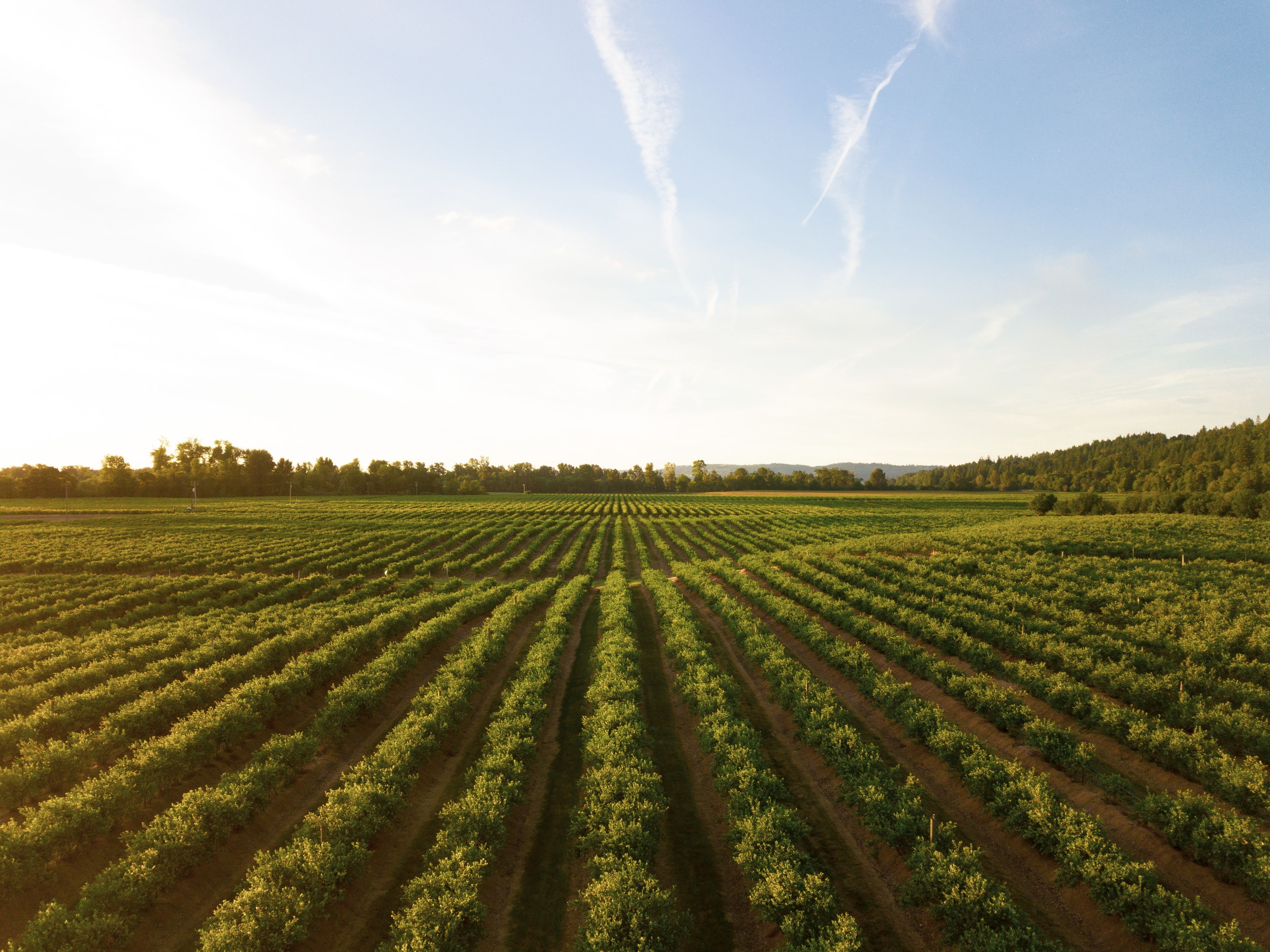Agricultural land in Italy

Climate conditions in the north are usually continental or temperate, while they are temperate or Mediterranean in the centre-south.
A factor of huge importance in the Italian agricultural scenario is its connection to the country’s culture and food tradition: as the environmental conditions vary much from north to south, west to east, so do the land products: Italy is the country with the highest number of DOP and IGP recognized by the European Union, accounting for more than 800.
The units operating in the agricultural sector are 1,5 million and the agricultural surface used is 13 million hectares. This land type is strictly connected to the tourism, and the food tourism in Italy accounts for more than 24 thousand farmhouse units.
Challenges for this land type
The main challenges for the Italian agricultural land include:
- Soil erosion and degradation
- Loss of nutrients
- Salinization processes
- Loss of biodiversity
- Loss of organic matter and fertility reduction
Who and what is affected
Every type of actor is involved: policy makers, company directors, farmers and citizens.
Farmers have the responsibility of producing safe and high-quality goods, increasing their respect for the environment; task for which the support of policymakers at Italian and European level is needed.
Companies not strictly related to agriculture and citizens are also affected because they can influence farmers’ and policy makers’ decisions by expressing their preferences.
Possible solutions
Possible solutions to the current scenario could be found by:
- Operating on soil health through an official legislation on soil
- Promoting good practices for sustainable land management
- Increasing farmers’ knowledge
- Implementing the use of new technologies
- Improving the use of water and water resources
- Accepting and adapting to the climate change, rethinking agricultural practices and technologies
- Improving import and export control systems to prevent the arrival of exotic pests, diseases and alien invasive species
- Promoting organic farming, agro-ecology and holistic management
- Promoting the experimentation and facilitating contacts between farmers, research institutes and other relevant stakeholders